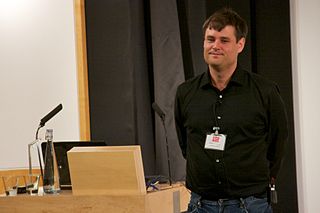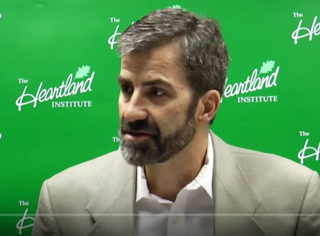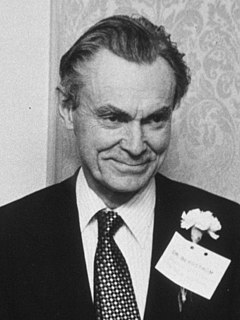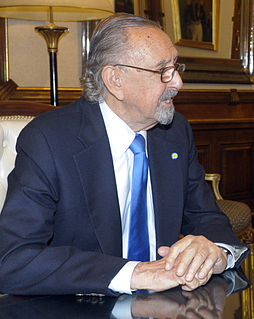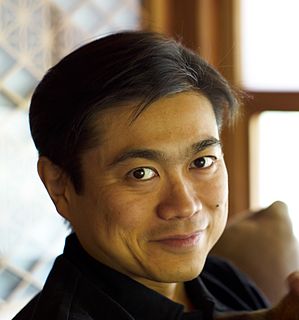A Quote by Michael Nielsen
If networked science is to reach its potential, scientists will have to embrace and reward the open sharing of all forms of scientific knowledge, not just traditional journal publication. Networked science must be open science.
Related Quotes
We have to overthrow the idea that it's a diversion from 'real' work when scientists conduct high-quality research in the open. Publicly funded science should be open science. Improving the way that science is done means speeding us along in curing cancer, solving the problem of climate change and launching humanity permanently into space.
The scientists Heartland works with demanded we host a ninth conference this year to foster a much-needed frank, honest, and open discussion of the current state of climate science and we just couldn't refuse. The public, the press, and the scientific community will all benefit from learning about the latest research and observational data that indicate climate science is anything but 'settled.
One could count on one's fingers the number of scientists throughout the world with a general idea of the history and development of their particular science: there is none who is really competent as regards sciences other than his own. As science forms an indivisible whole, one may say that there are no longer, strictly speaking, scientists, but only drudges doing scientific work.
I often compare open source to science. To where science took this whole notion of developing ideas in the open and improving on other peoples' ideas and making it into what science is today and the incredible advances that we have had. And I compare that to witchcraft and alchemy, where openness was something you didn't do.
The traditional boundaries between various fields of science are rapidly disappearing and what is more important science does not know any national borders. The scientists of the world are forming an invisible network with a very free flow of scientific information - a freedom accepted by the countries of the world irrespective of political systems or religions. ... Great care must be taken that the scientific network is utilized only for scientific purposes - if it gets involved in political questions it loses its special status and utility as a nonpolitical force for development.
I don't think any administration, when they come in, thinks that their job is to tell the scientists what the science looks like or to be quiet about the science. Scientists need to remain true and not allow science to be politicized. Scientists are not politicians, and no politician should consider themselves to be a scientist.
When people think science and cooking, they have no idea that it's not correctly expressed. We're actually applying the scientific method. People think chemistry and physics are science, but the scientific method is something else.... It's the science that the world of cooking generates: science of butter; science of the croissant.
Although the formulations of science now offer the most advanced knowledge of nature, men continue to use obsolete forms of thought long discarded by scientific theory. In so far as these obsolete forms are superfluous for science, the fact that they persist violated the principle of the economy of thought, that characteristic trait of the bourgeois temper.
Consent of the Networked will become the seminal book firmly establishing the responsibility of those who control the architecture and the politics of the network to the citizens who inhabit our new digital world. Consent of the Networked should be required reading for all of those involved in building our networked future as well as those who live in it.
We live in a scientific age, yet we assume that knowledge of science is the prerogative of only a small number of human beings, isolated and priestlike in their laboratories. This is not true. The materials of science are the materials of life itself. Science is part of the reality of living; it is the way, the how and the why for everything in our experience.
Science fiction is fantasy about issues of science. Science fiction is a subset of fantasy. Fantasy predated it by several millennia. The '30s to the '50s were the golden age of science fiction - this was because, to a large degree, it was at this point that technology and science had exposed its potential without revealing the limitations.
